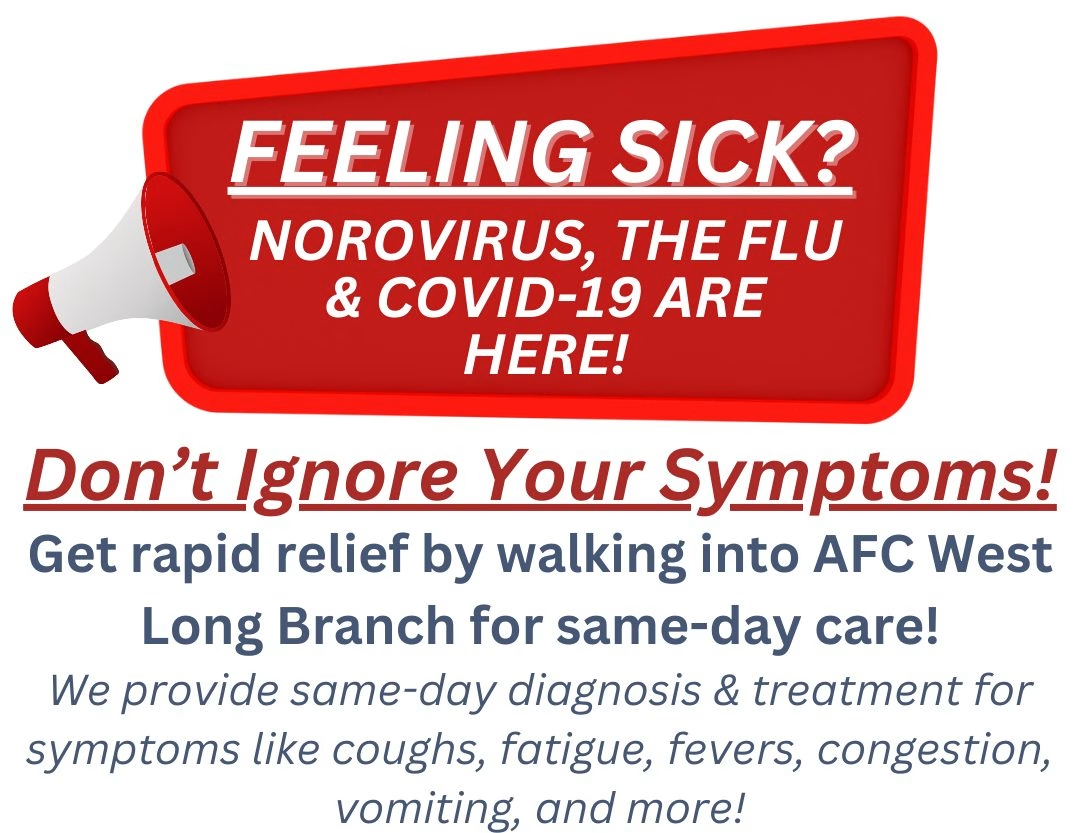The novel coronavirus has impacted healthcare systems and medical care in incredible ways. Of late, chronic disease management and treatment adherence have been significantly affected by COVID-19. Many patients with a chronic disease have avoided visiting their doctors due to fear of the spread of the coronavirus, which makes maintaining their health during this pandemic complicated. Foregoing care is detrimental to the wellbeing of any patient over the long run. Still, it’s crucial that patients suffering from a chronic illness endeavor to limit their risk of contracting the coronavirus since they are high-risk patients. How can patients with chronic illnesses stay safe during the COVID-19 pandemic and get the care they need?
Chronic Diseases
The coronavirus is an especially dangerous virus for patients with a chronic disease. More COVID-19 patients with a chronic illness have died from the virus compared to other infected persons without a chronic illness. According to a report by the Center for Disease Control and Prevention (CDC), data indicated that COVID-19 results in severe outcomes in older adults and people with underlying health conditions, including cardiovascular disease, diabetes, and chronic lung disease. People with these and other chronic health problems, such as hypertension, asthma, cancer, and obesity, are at an increased risk for developing complications from COVID-19, like kidney problems. If you have a chronic illness, you should take the necessary precautions and preventive measures to limit the risk of exposure to COVID-19 because it could mean the difference between life and death. You are at an increased risk for severe health issues because of your chronic illness.
Normal Patients vs. Patients with Chronic Illness
Fatality rates from COVID-19 in normal patients and those with a chronic illness is separated by a difference in underlying health issues. A normally healthy patient is likely to have mild symptoms related to COVID-19, while chronic disease patients could have fatal symptoms. Mild symptoms can include fever, headache, cough, sneezing, or sore throat, which may be possible for you to treat these at home in self-isolation. Severe symptoms are those that require immediate medical attention, and may include, severe difficulty breathing, loss of consciousness, confusion, and severe chest pain. A person who suffers from a chronic illness and experienced severe symptoms should call 9-1-1 immediately, or go directly to the closest emergency department and seek medical attention.
How to Stay Safe During COVID with Chronic Illness
It’s crucial that people who suffer from chronic illness learn how to stay safe and get treatment with guidance from your local urgent care center, as well as the CDC. Self-isolation and practicing physical distance are presently the two primary ways to protect yourself from COVID-19. Keep your distance from people who are sick and those who have traveled
And came in contact with a COVID-19 patient. Physically distance yourself from others when you go out by maintaining a separation of (six feet). Regularly wash your hands for 20 seconds with soap and running water and do not touch your face. Cover coughs and sneezes with a tissue or do it into your elbow. Best of all, stay home is you don’t absolutely have to leave your home and practice protective isolation.
Urgent Care and Telemedicine
Get testing for COVID-19 at an urgent care center and use telemedicine to avoid unnecessary infections. Test results can be available in as little as 12 hrs or between 3 and 5 days. You may be required to get screened before testing and you could very well do this via telemedicine without leaving the convenience of your home. You can eliminate an ER visit and limit exposure through telemedicine real-time audio and video. Your urgent care center will ensure quality of care, while working to keep you safe.
If you are someone who suffers from a chronic medical condition, know that you are at a higher risk for developing complications from COVID-19. You have to do whatever is necessary according to the recommended guidelines and protect yourself from the coronavirus. As a high-risk patient, you cannot afford to be careless with your health and safety.

